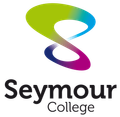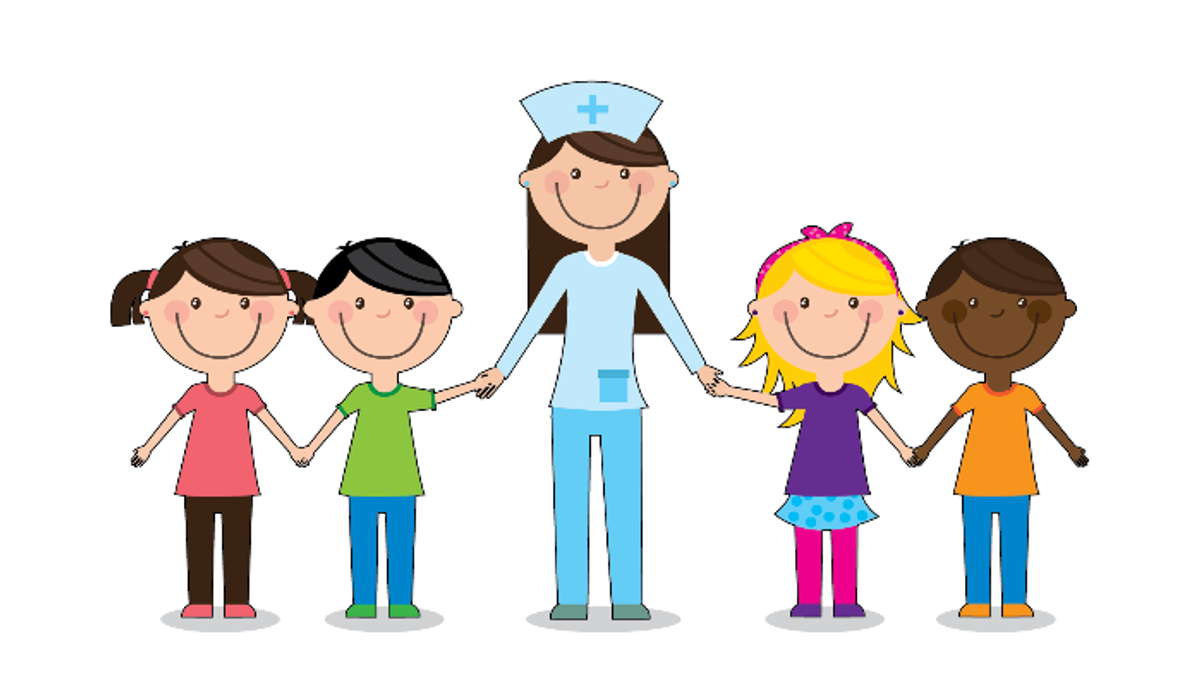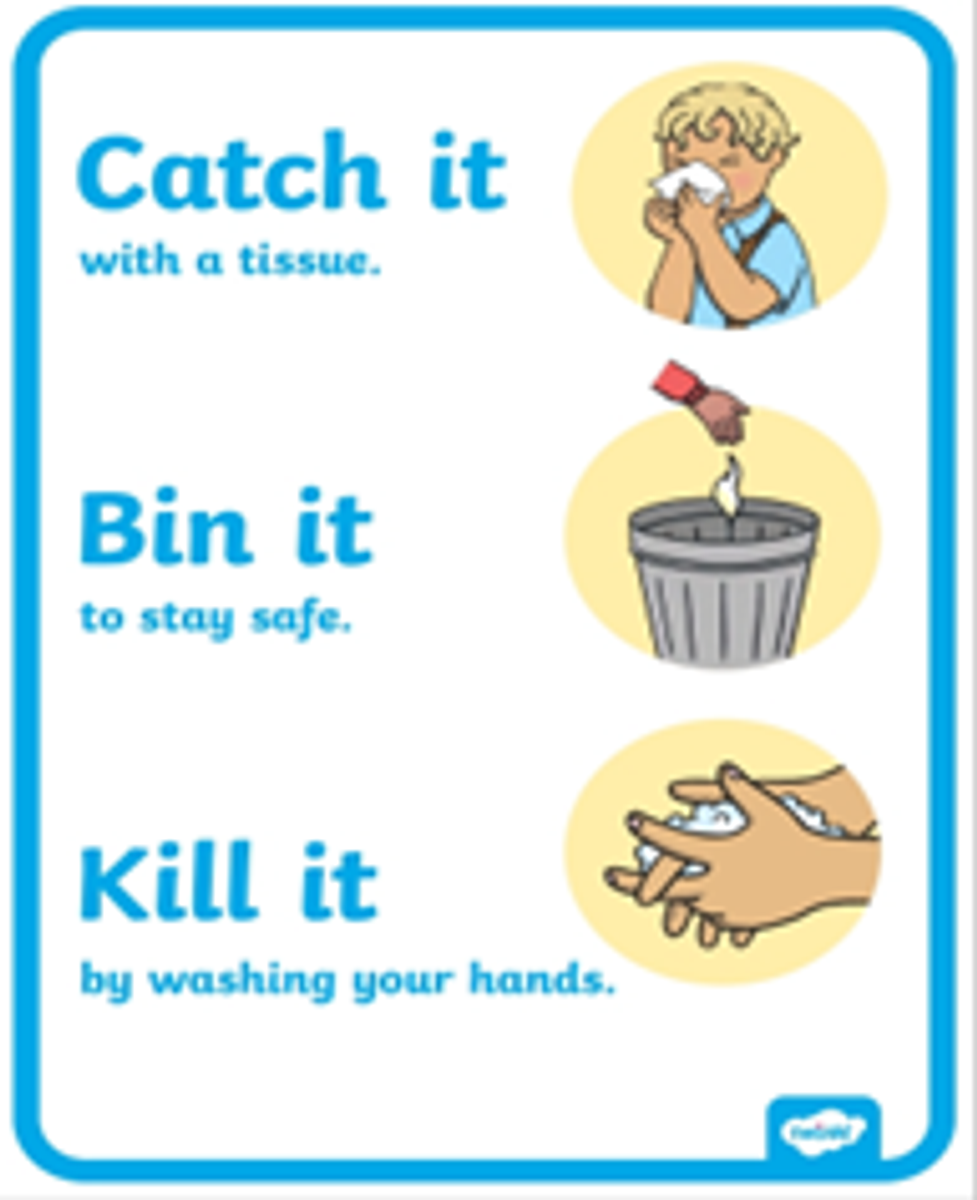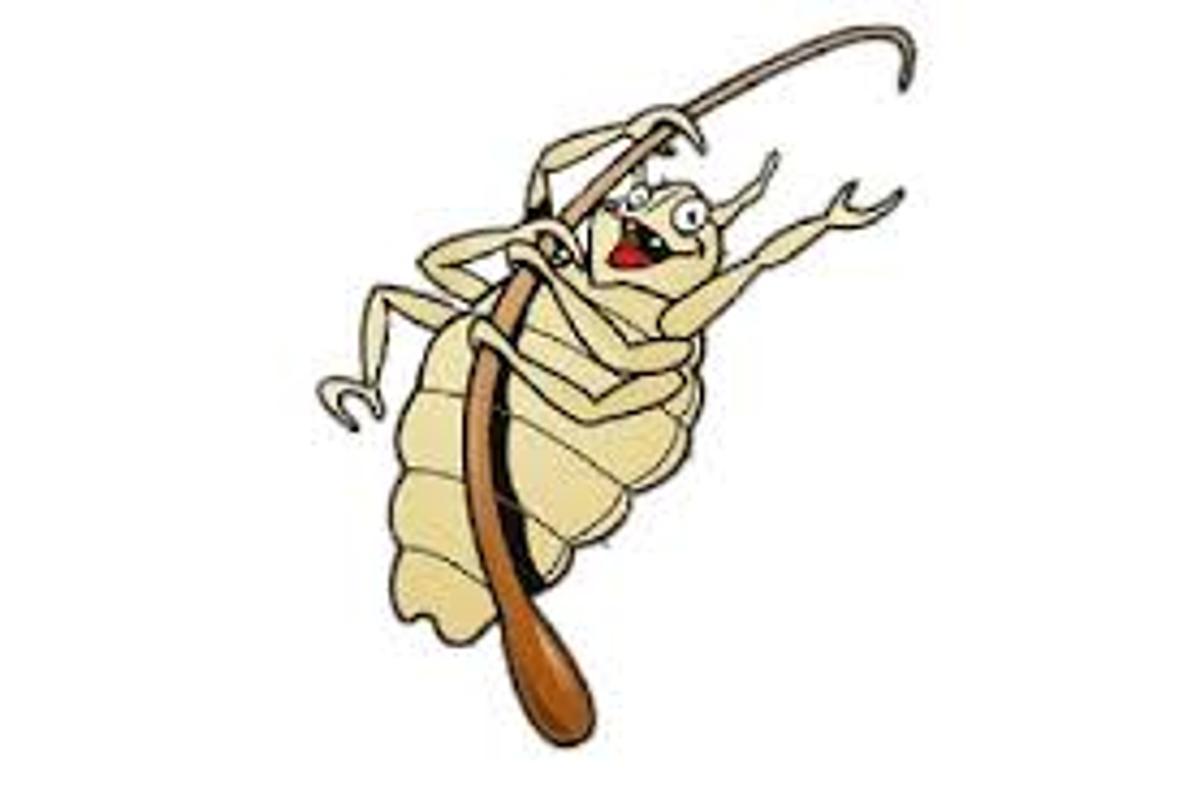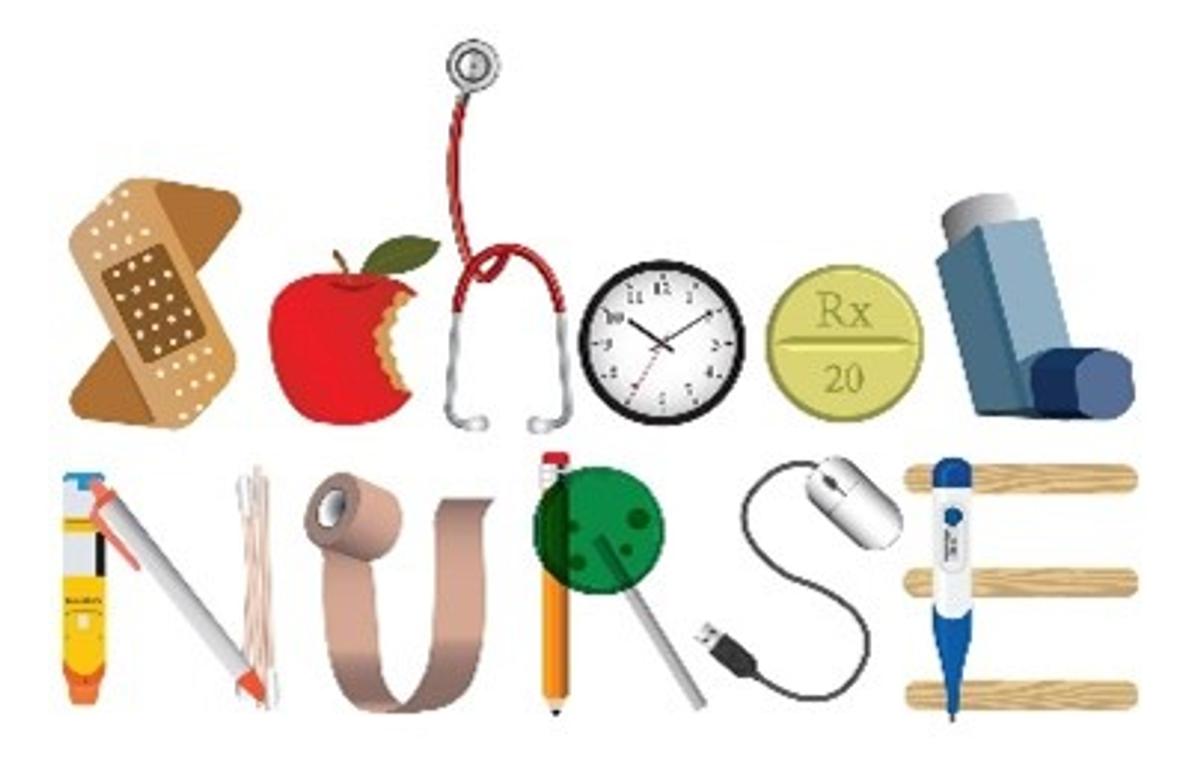Health Centre
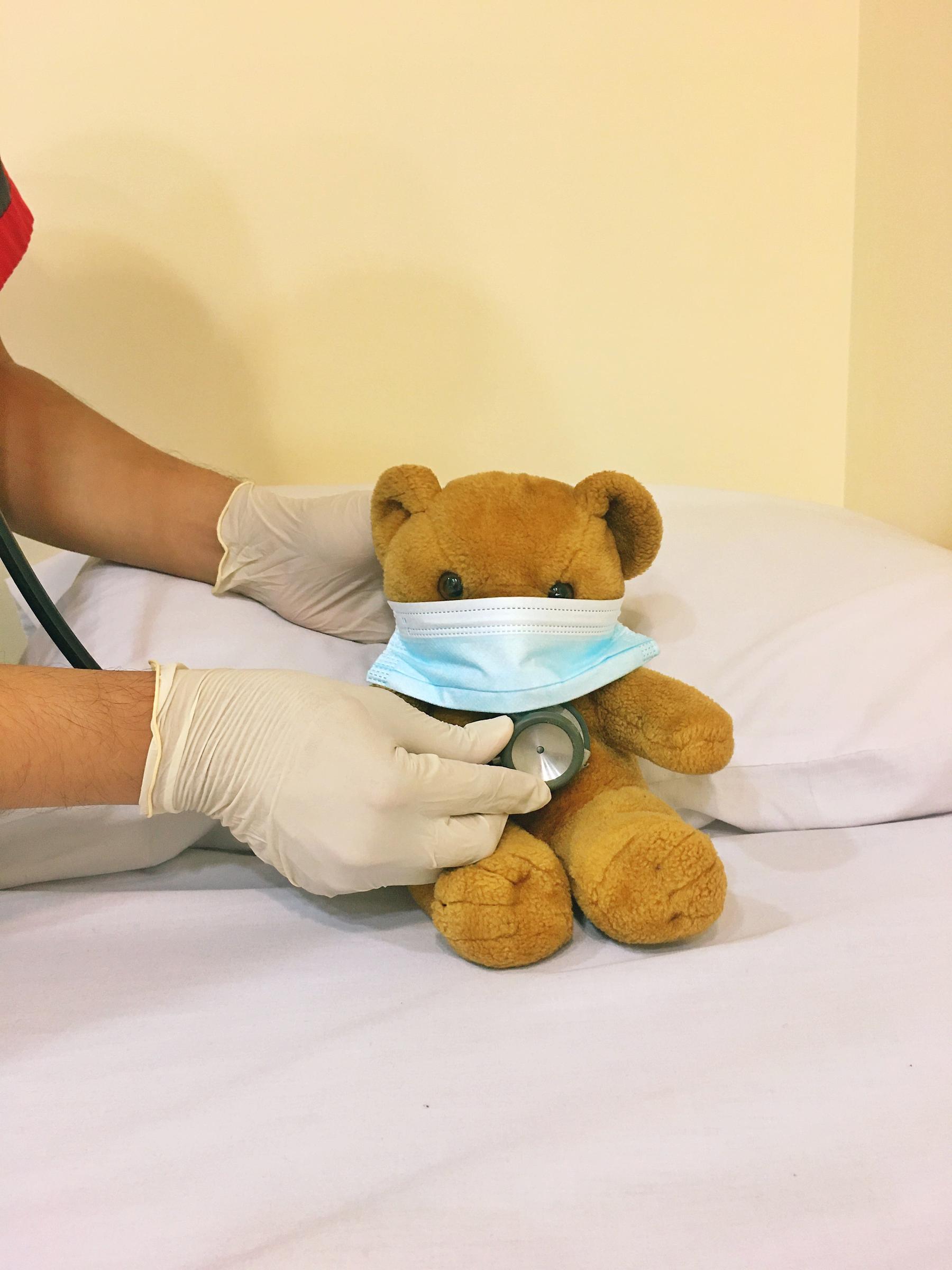
Respiratory Illnesses
Schools and communities in Victoria are seeing a high number of cases of influenza (flu) and respiratory syncytial virus (RSV) in children aged 5 to 11 years, particularly in children in their first few years of school.
Most children with respiratory illness experience mild to moderate symptoms such as fever, runny nose or cough. Some children, particularly babies and children with underlying medical conditions, can develop more severe illness.
How to reduce the spread of flu and respiratory illnesses
Encourage staff and students to:
- wash and sanitise their hands regularly
- avoid touching their eyes, nose and mouth with unwashed hands
- cover their nose and mouth when they cough or sneeze
- use air purifiers
- maximise external ventilation
- stay home if unwell and consult their GP or NURSE-ON-CALL as required
- stay up to date with their flu and COVID-19 vaccinations.
They’re Back ……
Head Lice
It has come to our attention that some students in the Primary and Secondary school may have head lice and we seek your cooperation in checking your child’s hair and if needed, treating your child this evening.
Head lice do not transmit infectious diseases – they are transmitted by having head-to-head contact with someone who has head lice. You may be reassured to know that head lice are commonly found in places other than at Seymour College. Head lice are common in school-aged children and are the most adaptable of creatures. They have survived living solely on humans for 10,000 years!!!!
What can you do?
We seek your cooperation in checking your child’s hair and in those instances where head lice or eggs are found, treating your child’s hair.
Please see the attached pamphlet Treating and Controlling Head Lice, from the Department of Human Services. This pamphlet has informative guidelines regarding detecting and treating head lice and eggs.
How do I treat my child for head lice?
The attached pamphlet (as noted above) has informative guidelines regarding detecting and treating head lice and eggs. Please don’t hesitate to contact Kirsty, Kristy or Brooke our School Nurses on, 03 5771 1300 for further information.
If head lice or eggs are found on your child’s hair you need to inform:
the school and advise when the treatment started.
parents or carers of your child’s friends, so they too can detect and treat their children if necessary.
When can my child return to school?
Health regulations requires that where a child has head lice, that child should not return to school until the day after appropriate treatment has started. Please note, this refers only to those children who have live head lice and does not refer to head lice eggs.
Seymour College is aware that head lice can be a sensitive issue and is committed to maintaining your confidentiality.
Laura Hill and Kristy Sawyer
School Nurses
